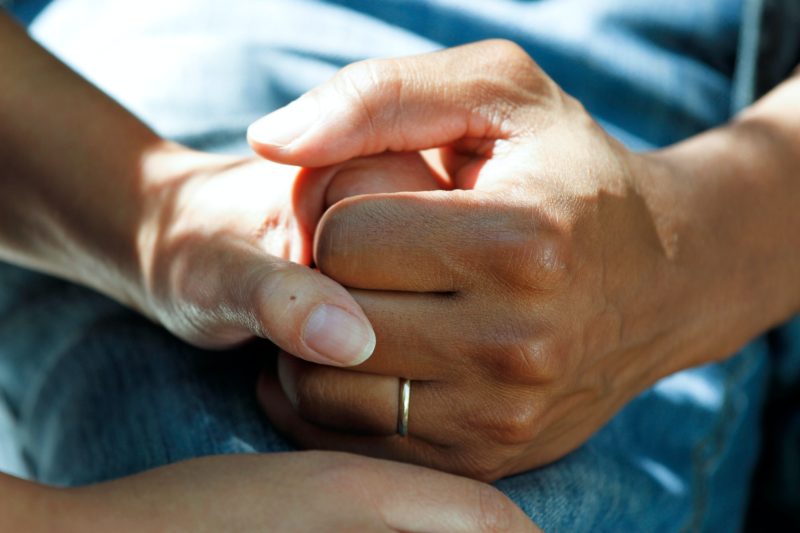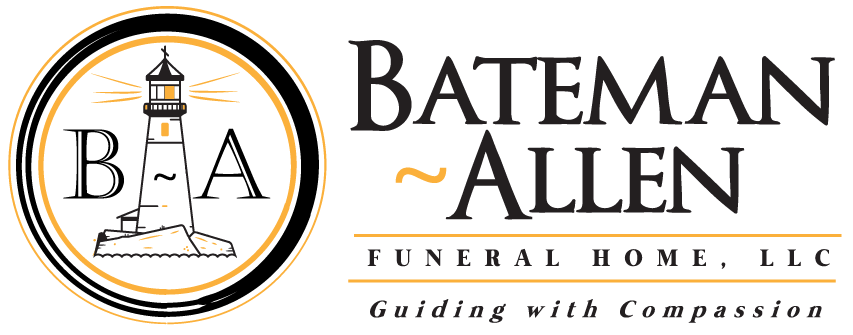
Planning a funeral can be a stressful, trying time, even with a funeral to-do list and help from others. Even if you knew your loved one was nearing death, the emotional strain of losing a loved one can put us in a particularly vulnerable, wearied state. When you combine that with the logistics and tasks necessary to plan a funeral that will properly honor the person you loved, it’s understandable that it might be hard to know where to begin.
We’ve spent decades helping families navigate and cope with loss. Working with a funeral home that specializes in funeral arrangements that are unique to each family can help alleviate some of the stress of funeral planning. We can take many of the necessary tasks off of your hands so you can deal with other pressing issues, such as being with family and loved ones as well as giving yourself time to grieve.
If your loved one did not leave a death or dying plan for you to reference, a funeral planning checklist and funeral to-do list might help. This post will cover the most common tasks you’ll need to consider as you’re planning the funeral of a loved one. Next week, we’ll talk about tasks that you should do after the funeral has ended. Combined, we hope this will give you a working funeral planning checklist that will help alleviate stress and comfort you in your time of need.
Pre-Funeral To-Do Checklist
The majority of the work necessary to hold a funeral that honors and celebrates the life of a loved one occurs prior to the funeral itself.

How Soon Should a Funeral Be Held?
One of the most common questions people have about planning a funeral is How soon after my loved one’s death should I have a funeral? There is no hard and fast rule here, though there are considerations about burial and cremation that are more time-sensitive.
In the easiest terms, a funeral or memorial can be held anytime. This gives grieving families or those who must travel more flexibility in planning. But if you want to have a viewing as part of the service, or you want to include the burial as part of the service, you will have extra considerations that will determine how soon services must happen after death.
Generally speaking, you have a window of 24 hours to 3 days if you want to include these elements in your funeral plans. But if you prefer to have a funeral or memorial service without a viewing or without mourners at the burial site, you can plan a service for any time that is convenient for all involved.
What Do I Need to Do to Have a Funeral?
There are numerous other considerations when planning a funeral or memorial service. Here are a few:
Before the service…
- The obituary: Will you write it or will you ask someone to write it for you?
For the Service…
- Decide on place: Do you want a service at a place of worship? Or do you prefer a secular service?
- Special services: Was your loved one a veteran? If so, do you want a funeral that includes veterans honors?
- The officiant: Do you want a priest or other religious person to lead the service? If not, who do you want?
- Pallbearers: Which family members and friends do you want to serve as pallbearers?
Readings: Which Bible passages, poems, or stories would you like read aloud during the service? - Prayers: Are there prayers that are important to you or that were important to your loved one that you want to be sure are included in the service? If so, it’s important to speak with the officiant to make sure your wishes are noted.
- Music: Which songs would you like to include in the service?
- Flowers: Do you want certain flowers at the funeral service? What will you do with them after services are finished? What about the condolence flowers and plants sent to the funeral home by other mourners? Do you want to keep them or give them away? (Some families take plants and still-fresh flowers to assisted living centers, for example. Others encourage fellow mourners to take something home with them after services conclude).
- Memorial Cards: Do you want a printed memorial card for mourners to keep?
- Photos and memorial material: Do you want to display pictures (this is often the case with a closed casket service or a funeral held longer after a death) or other forms of memorabilia? Some people might choose to display items that represent the deceased’s hobbies or interests; for instance, if they were a cyclist, their helmet might be included in the service. Or if your loved one was a baker, you might bring an assortment of her beloved rolling pins for mourners to see.
What Happens Right After the Funeral?
If you wish to include a graveside service as part of the funeral, the casket is typically transported from the funeral site to the cemetery by the funeral home while mourners follow in procession in their personal vehicles.
Once at the graveside, the officiant may offer another prayer or words of comfort. Mourners might also participate in a ritual, should you wish. Some will share prayers or memories. Others might leave a flower on the top of the casket. Still, others might watch the casket be lowered into the plot, then either shovel or toss a handful of soil atop the casket.
Knowing if you want anything special at the cemetery is part of what you’ll need to discuss when talking with your funeral director, officiant, and family. Consider discussing these things with family and adding them to your funeral checklist.
Should There Be a Funeral Luncheon?
Often families will invite fellow mourners to join them for a meal at a local assembly hall or restaurant. If this is part of your anticipated plans, you should consider the following:
- Where will the meal be held?
- What food will be served? Will it be a buffet (which is common after a funeral)?
- Will there be alcohol?
- Who will be invited? If everyone, you’ll want to include an announcement during the funeral with information. If you want the meal to be a more intimate event, you’ll need to distribute the information privately.
- Will you display anything about the deceased? Sometimes family will set up pictures or mementos of their loved one at the meal.
Some families opt to have a meal or gathering at their home rather than at a restaurant or assembly hall. If that’s appealing to you, you might consider:
- Is your home big enough to accommodate everyone?
- How many people will you invite?
- Will you hire a caterer or prepare food prior to the funeral?
- How will you encourage hangers-onto leave once the meal is over? (Sometimes it’s necessary to have a designated person who will thank people on your behalf and nudge them toward the door. Identifying who might do that and discussing this need ahead of time can save stress and aggravation on an already trying day).
The truth is, planning a funeral is a huge, emotional job even with a detailed checklist. We’ve been helping families during their most difficult times for decades, and we’d be honored to be your chosen resource during this most trying time. Reach out anytime to discuss pre-planning services or planning services for a recently deceased loved one.



Recent Comments